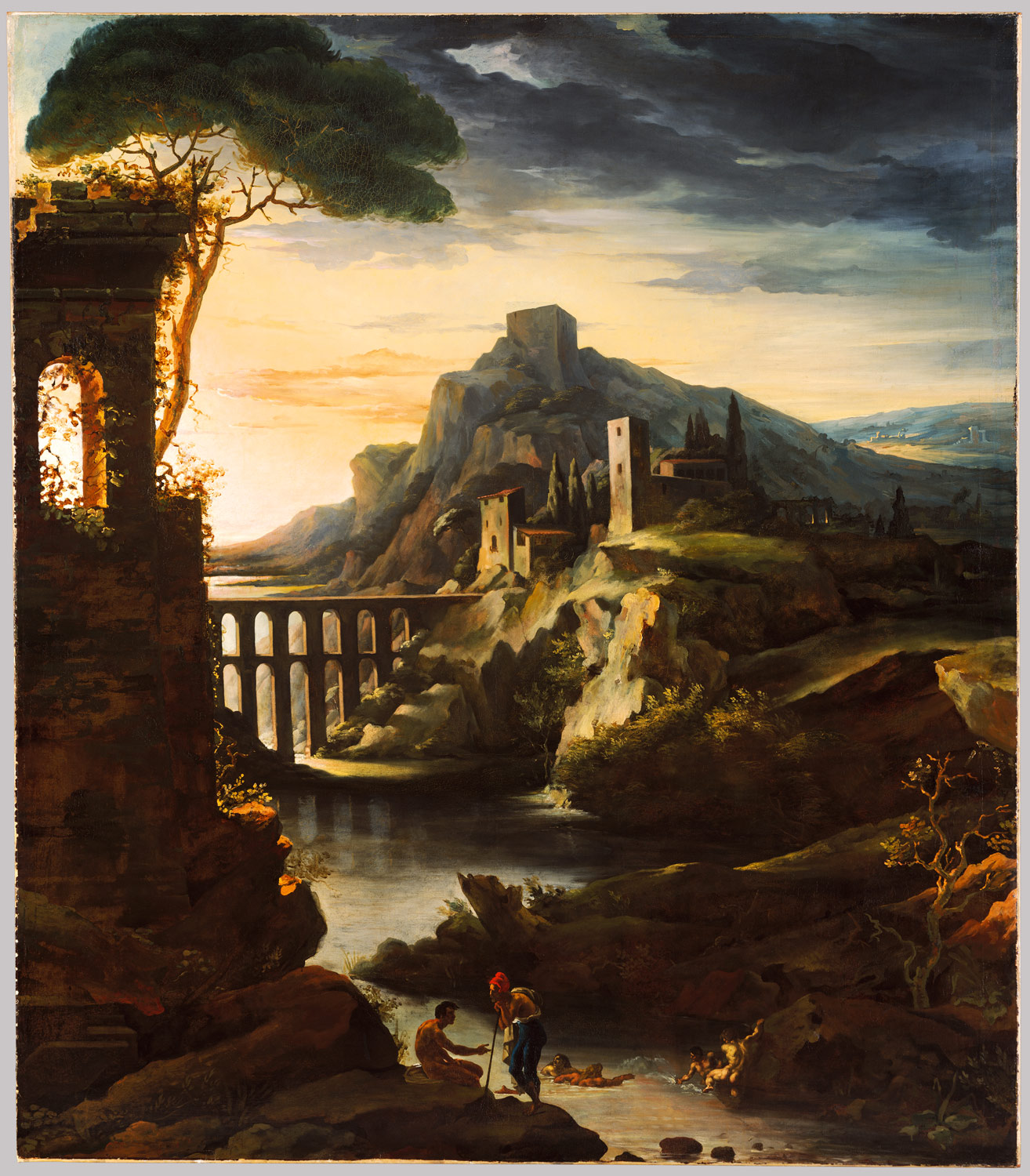Here are two of my favourite
Yeats poems, dreamy romantic ones. They show that the imaginative
world Tolkien evokes, of castles, swords, knights and a host of
other ‘archaic’ things are not archaic at all but still speak to
us down the ages perhaps more strongly than what we know as modern.
This is because they are not so much ‘old’ as ageless, and this
is an important distinction. There is a quality about the cup, the
stone, the sword, the throne, the tree, the sky, the unicorn, the
lion, the eagle, the plough, which touches us in some fundamental
place. It’s not ‘old fashioned’ or reactionary. And does not,
of course, exclude references to things of the modern world; yet
these images-become-symbols are the DNA of the imagination. They were
there before we were, and have always been.
This is what Kathleen Raine says in her essay On the Symbol:
“We should do wrong if we think of symbols as single poetic images, used to obtain some literary effect; rather symbol is a language in each of whose parts a whole is implied, and each symbol in some measure makes known to us that whole, as a whole, and in its wholeness...”(...) “none of these, surely, were deliberately chosen by the poets, but, rather, chose them; they come, not as allegory in which the poet searches for an apt symbol for some abstract idea – the sword of justice or the scales of equity – but rather as epiphanies, awe-inspiring glimpses that move us deeply and inexplicably. These images seem put into our hands like clues which we are invited to follow back and back, for they draw us irresistibly as by magic; and this is no less so when we encounter them in nature than in dreams of vision. By their numinous nature we recognise them; and not with academic curiosity do we pursue them to their mysterious source, but as we follow the beloved person, unable to keep away, or watch all night before a closed door hoping for a glimpse or a sign. We live under the power of their compulsion: for they do not present themselves, like academic problems, from outside, as tasks to be taken up by will-power, to which we must drive ourselves. They arise, rather, as living impulses, urges of our own being and therefore compelling. We cannot rest until we have followed them to their source, or as far as our understanding allows.”
What a beautiful and
meaningful comparison between the compelling symbol and the beloved.
The beloved’s face doesn’t “equal” anything, it isn’t a
conundrum to get your head around. It draws us ever onward, opening
up ineffable, immeasurable vistas.
The Cloths of Heaven
Had I the heaven's embroidered cloths,
Enwrought with golden and silver light,
The blue and the dim and the dark cloths
Of night and light and the half-light;
I would spread the cloths under your feet:
But I, being poor, have only my dreams;
I have spread my dreams under your feet;
Tread softly because you tread on my dreams.
Enwrought with golden and silver light,
The blue and the dim and the dark cloths
Of night and light and the half-light;
I would spread the cloths under your feet:
But I, being poor, have only my dreams;
I have spread my dreams under your feet;
Tread softly because you tread on my dreams.
He
Remembers Forgotten Beauty
- WHEN my arms wrap you round I press
- My heart upon the loveliness
- That has long faded from the world;
- The jewelled crowns that kings have hurled
- In shadowy pools, when armies fled;
- The love-tales wrought with silken thread
- By dreaming ladies upon cloth
- That has made fat the murderous moth;
- The roses that of old time were
- Woven by ladies in their hair,
- The dew-cold lilies ladies bore
- Through many a sacred corridor
- Where such grey clouds of incense rose
- That only God's eyes did not close:
- For that pale breast and lingering hand
- Come from a more dream-heavy land,
- A more dream-heavy hour than this;
- And when you sigh from kiss to kiss
- I hear white Beauty sighing, too,
- For hours when all must fade like dew,
- But flame on flame, and deep on deep,
- Throne over throne where in half sleep,
- Their swords upon their iron knees,
- Brood her high lonely mysteries.

